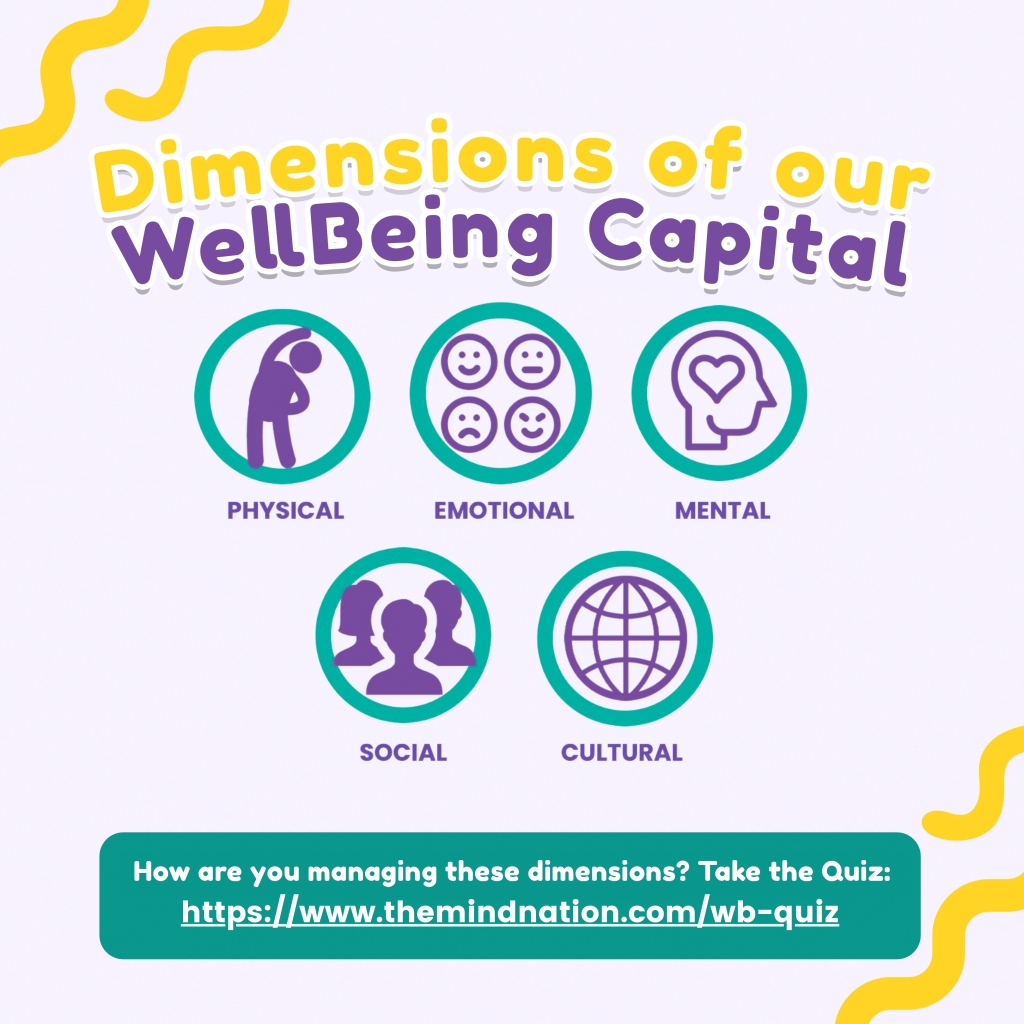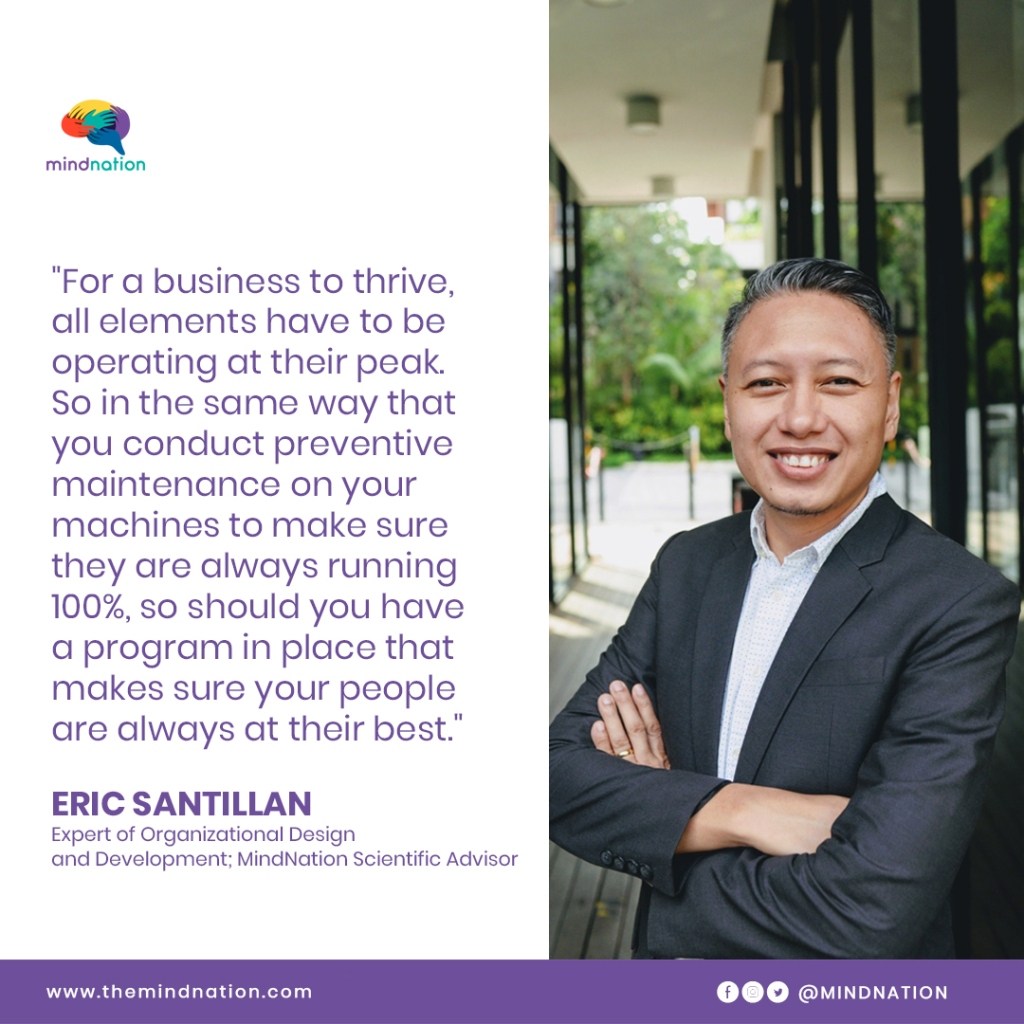There is no shame in seeking help. MindNation psychologists and WellBeing Coaches are available 24/7 for teletherapy sessions. Book a session now https://bit.ly/mn-chat or [email protected].
No one bats an eye if you go to a doctor for a heart problem; but mention that you are seeing a psychologist for mental health concerns and people will judge, shame, or even criticize you.
“People avoid therapy because of the stigma surrounding mental health,” explains MindNation psychologist Maria Teresa Empleo. “And because no one wants to talk about it, people just come up with their own ideas of what therapy is about.”
Myths and misconceptions about therapy can prevent those affected from getting potentially life-changing support. If you or a loved one is in distress and are considering professional help, below are five common myths about therapy to stop believing:
MYTH: “Going to therapy means I am crazy.”
FACT: “While there are people who go to therapy for serious mental issues, this does not mean that they are crazy, weak, or hopeless,” Maria stresses. “Rather, going to therapy is an indication that they are mature and have the strength to come out, ask for help, and do whatever is necessary to make themselves better.”
Additionally, you can go to therapy even if you don’t have a major mental disorder. “Majority of people who go to therapy just need help managing everyday problems,” Maria points out. “During this pandemic, for example, my clients are mostly those who want to deal with work stress, relationship problems, and adjustments to the new normal. Many others just want to improve their well-being, relationships, or self-esteem.”
MYTH: “I need to divulge my deepest and darkest secrets in order to get better.”
FACT: “You and your therapist might have to explore these if they are directly related to your current problem,” Maria admits. “But do know that talking about them can help ease your emotional burden.”
That being said, going deep and personal is not a requirement for treatment. “Therapy is a safe space. If there are things that you do not want to talk about just yet, we will not pressure you,” she assures. Once you are ready, rest assured that MindNation teletherapy sessions are guaranteed to be secure, and confidential.
MYTH: Follow-up sessions are not needed.
FACT: Because most patients feel an improvement in their mood after the initial or second session with a therapist, they no longer return for additional sessions. But follow-up sessions are important because they reinforce the practices taught, ensuring that you do not end up repeating the negative thoughts or habits that caused you to seek help in the first place. “When you feel better, have a clearer headspace, and are no longer as sensitive or emotional as the start, then you will be in a better place to work on your triggers,” Maria explains
MYTH: Therapy is expensive.
FACT: If your company does not yet have an Employee Assistance Program that includes sessions with mental health professionals and you have to pay for therapy out of your own pocket, this article lists the reasons you should consider therapy as an investment and not an expense.
[J]ust as you would not think twice about paying a doctor to treat physical health concerns, you should also regard psychologists, psychiatrists, and WellBeing Coaches as experts in treating mental health concerns.
Maria Teresa Empleo, MindNation psychologist
Also, just as you would not think twice about paying a doctor to treat physical health concerns, you should also regard psychologists, psychiatrists, and WellBeing Coaches as experts in treating mental health concerns.
MindNation psychologist, psychiatrist, and WellBeing Coach teletherapy sessions are available singly or in packages so you save more on follow-up sessions. Purchase at bit.ly/mindnation-shop or thru the Goodwork.ph app.

MYTH: “I’d rather talk to a friend, at least that’s for free.”
Friends are a great source of support during tough times, but because of your close relationship there will always be that fear of judgement. On the other hand, because psychologists, psychiatrists, and WellBeing Coaches are strangers, there is no need to worry about bias and censure. More importantly, they are trained and licensed mental health professionals, so they can offer science-based solutions to help you cope with life issues and mental health challenges.
Are you ready to talk to a MindNation psychologist, psychiatrist, or WellBeing Coach? Read this article to find out how you can choose which therapist is right for you. IF you are curious to find out what goes on during the first therapy session, we give you the rundown here. Finally, here are some things you can do to make sure that you get your money and time’s worth during your therapy session.



















